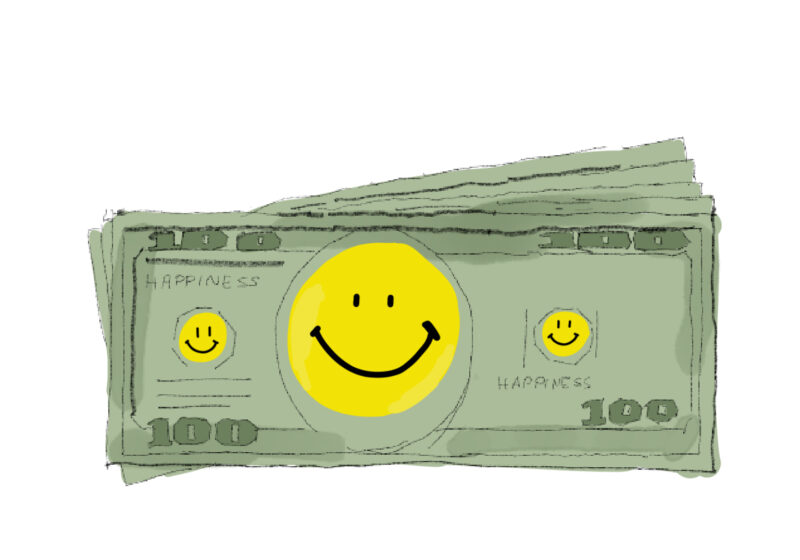
With the “green” movement becoming progressively trendier, it’s no wonder why I can barely get through a day without being pestered into blindly signing a “green” petition and hearing that the “green economy” is the next big thing. Certainly, politicians aren’t giving up on the idea that a green economy will not only save the environment, but the future U.S. economy as well. Indeed, the environmental movement has become a religion, blinded by dogma and lacking reason. The green economy is simply a fallacy. The notion that America’s future will run on wind turbines, high-speed rail and the like, all fueled by “green jobs,” is a delusion.
Among the principal problems with “creating” green jobs is that it takes productive labor from one area to another, less productive area. When push comes to shove, it is the government that has to step in and “create” such jobs, but if building wind farms and turbines are as efficient as the politicians make them sound, why doesn’t the free market let the wind industry bloom on its own merits? Instead, like many alternative energies, wind is heavily subsidized and, without federal subsidies, it would not survive. A common economics joke tells of two economists strolling the streets of a city when one sees a couple dollars on the street. One of the economists points it out, but the other says, “If it really were there, someone would have picked it up.” Simply put, if there’s money to be made, markets will incentivize people to move into the area, and if not, then it’s inefficient and a waste of resources. This same concept, applies across all aspects the green economy debate.
Yet all too often, people jump to the conclusion that green jobs are worth the extra cost on the assumption that the output of green jobs are themselves “green.” Of course, that’s not entirely true. A classic example is corn ethanol, but a more unfamiliar example is the Leadership in Energy and Environmental Design building certification, more commonly known as LEED.
Though LEED certification — developed by the US Green Building Council to reduce energy consumption of buildings and construction materials — may sound good on paper, a study from the Institute for Research in Construction has found that a third of LEED certified buildings used more energy than their conventional counterparts and that there is little relationship between a building’s energy performance and LEED credits achieved. This, among many examples, just goes to show that “green” is not only poorly defined, but often results in adverse and unforeseen consequences.
The inconsistency doesn’t stop there. Proponents of a green-job-propelled green economy are often supporters of keeping jobs “local” — such protectionist rhetoric stretches from the speeches of politicians to Greenpeace rallies.
Once again, local green jobs are a fallacy. For instance, wind turbine technology and manufacturing depends on global integration, from Europe’s Vestas, Gamesa and Enercon to India’s Suzlon. What results is the importation of turbine technology and manufacturing. Needless to say, there is absolutely nothing wrong with globalization and making use of comparative advantage, but green job advocates continue to spread anti-trade messages without thinking of the severe consequences of doing so.
When all is said and done, as long as there are dollars on the floor, someone is bound to pick them up. The fact that huge subsidies are poured into alternative energies, often as a result of crony capitalism and federal favoritism, exhibits that energy sources like wind and solar cannot survive on their own true merits.
As the single largest energy consumer, the U.S. green economy will not be here any time soon, and, for that reason, federal ego to dictate the winners and losers of an economy is not only plain arrogant, but a potentially tragic system.





